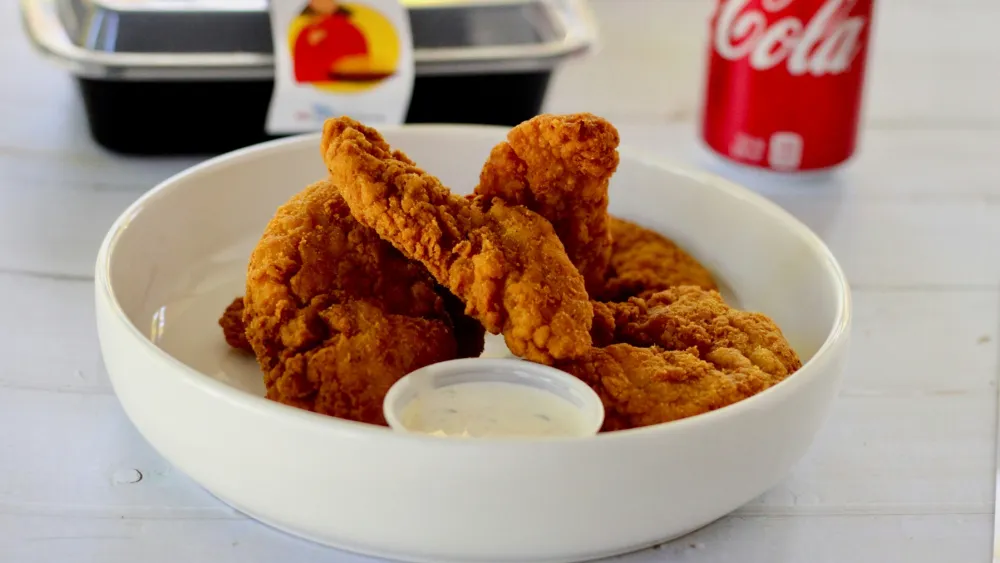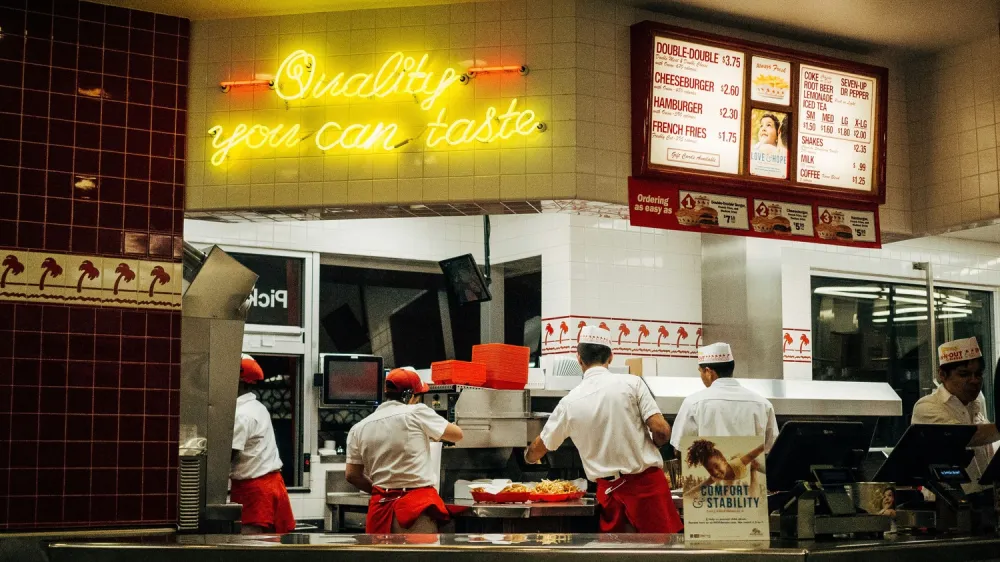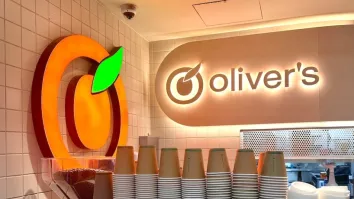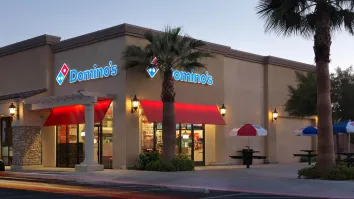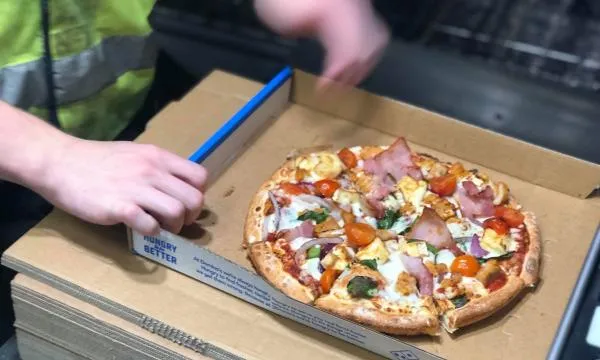
More Aussies are turning to pick-up and delivery, and what that means for your restaurant brand
Off-premises dining increased by 10% prior to the shutdown, data from the NPD Group has revealed.
Consumers were already changing their dining behaviour prior to the government’s announcement of social distancing restrictions on dining establishments such as restaurants and cafes mid-March, new research from the NPD Group has revealed.
Shares of dine-in occasions, the market insights company said, dropped by 4% in February 2020 compared to the year prior. There were, in contrast, increases in most off-premises occasions, including delivery, pick-up, and drive-thru services. In February, off-premises dining increased by 10%.
The QSR sector, representative of bulk of Australian restaurant transactions, saw increases in February 2020 year-on-year. Category-wise, pizza saw the most significant increase in the sector, with NPD explaining that it is “one of the most convenient restaurant meals that can be shared and consumed off-premise.”
Prior to the government’s announced restrictions, pizza heavyweights Domino’s and Pizza Hut already launched contactless delivery and pickup.
Burgers from QSRs, considered a leading segment for a couple of years, decreased in traffic. Similarly, coffee shops experienced a slight traffic decline.
"From our raw data analysis, all QSR categories aside from QSR Chicken and QSR Pizza have seen declines in traffic share in February 2020 compared to February 2019. So I would say all are taking a hit aside from QSR Chicken and QSR Pizza," NPD Group's head of Australia foodservice Seton Leung told QSR Media.
In terms of demographics, younger consumers had stronger increases in raw traffic share whilst there was a noticeable change in February’s traffic share direction for consumers aged 50 and over, dropping by almost 15% in the said month.
“Growth in the Australian foodservice industry has been flat over the last two years, with consumers switching to lower-priced channels like fast food and retail. The bushfires that relentlessly ravaged the country for weeks had further crippled the already low consumer confidence,” Gimantha Jayasinghe, NPD Group’s senior vice president and deputy managing director for Asia Pacific, said.
“Now, the foodservice industry is facing a new challenge as we work to control the spread of COVID-19. The industry is changing very quickly and moving to pick-up and delivery only options. Full-service restaurants and cafes are adapting to the current situation by introducing takeaway and delivery-friendly menus. NPD has also seen strong demand for ‘in-store hygiene’ and ‘contactless’ delivery," he added.
"The situation is unprecedented and changing so rapidly so many QSRs are thinking on their feet and trying to be creative in how they can deliver their products out. McDonald’s, for example, is now selling bread and milk. Many QSRs are also demonstrating good corporate citizenship by delivering food to frontline workers," Leung also explained.
Delivery companies Menulog, Delveroo, Uber Eats and Doordash have also introduced contactless delivery in their platforms, along with stringent hygiene measures.
Pivoting to pick-up and delivery-only options notwithstanding, chains that have heavily invested in traditional brick-and-mortar sites, along with other forms of retailers, are expected to take a hit in terms of sales and foot traffic due to the measures implemented due to the COVID-19 pandemic.
In a bid to provide relief, Australia’s national retail groups and shopping centre landlords are calling for the implementation of a national code of conduct for retail leasing that assists both retailers and landlords during this period.
The code of conduct, drafted two days after the Australian prime minister announced a “common set of principles” in relation to commercial leasing, was jointly created by the Australian Retailers Association (ARA), National Retail Association (NRA), Australian Retailers Association (ARA), the Pharmacy Guild of Australia (PGA) and the Shopping Centre Council of Australia (SCCA).
The proposed code includes various rent relief measures that include a short-term, temporary moratorium on eviction for non-payment of rent to be applied across commercial tenancies impacted by COVID-19, temporary amendments to leases by both tenants and landlords to be considered on a case-by-case basis, and the reduction or waiver of rental payment for a defined period for impacted tenants.
“Our industry has a track record of working together, including on challenging issues, and this is about working together and assisting policy makers in the next phase given our group’s longstanding engagement on retail leasing issues,” ARA CEO Russell Zimmerman said.
